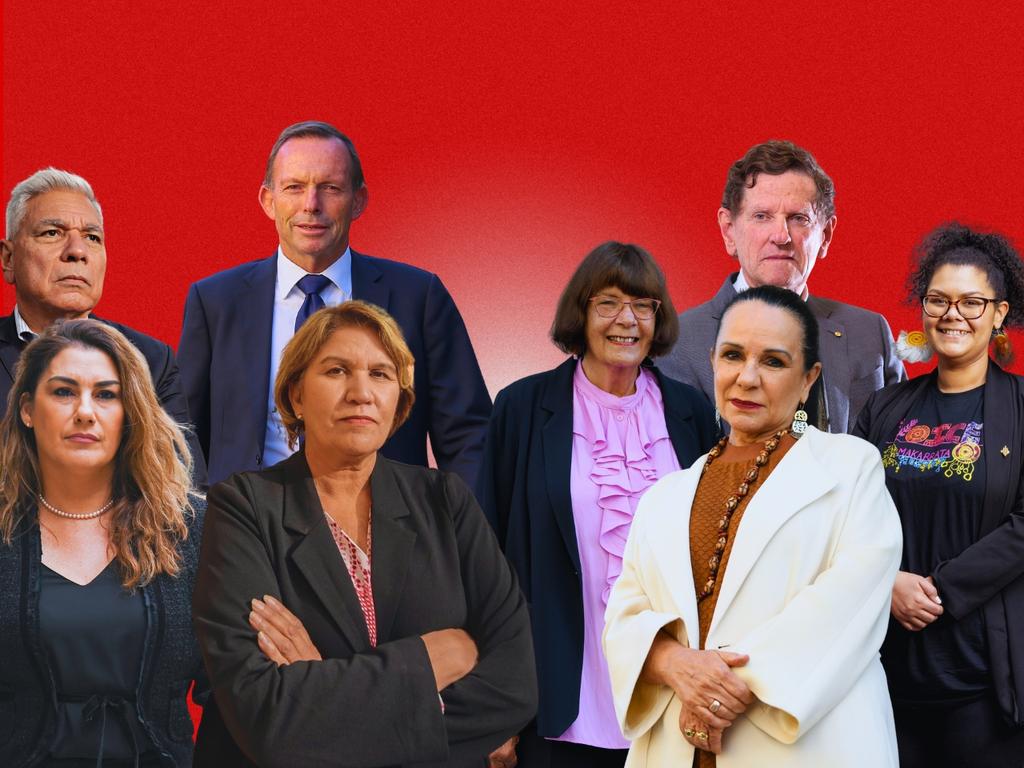Newspoll: Decline in support for voice sad for many but no surprise


As disheartening as it may be for many, in historical terms it shouldn’t be a surprise. It will be the 37th out of 45 referendums held since Federation to have failed.
While empirical evidence might have been against it from the beginning, not so collective national sentiment.
In January of this year, support for the general proposition was high. Such was the level of confidence among its backers there was little consideration given to the possibility of defeat.
Since then, however, it has been a story of perpetual decay.
Newspoll has impassively charted the course of its likely demise as its champions watched on in disbelief. It has been clear for some time that there has been a significant problem.
The final Newspoll reveals a late swing toward the voice. This was not unexpected. With decision day approaching, some of the undecided voters have pivoted toward the Yes vote.
But at 37 per cent, without divine intervention, there is little hope of a resurrection.
Even if all the 6 per cent of remaining undecided voters broke unanimously in favour, the best possible outcome would be 43 per cent for and 57 against.
Taking into account margin of error, an optimist might say even 45 per cent. Still not enough.
Bear in mind that the undecided vote has fallen substantially in recent months – from 10 per cent in June to 6 per cent today.
In general elections, it is assumed that people who say they are uncommitted will split proportionately. This is an assumption that has been tested over many years.
A referendum, however, is different. While it is plausible that the remaining undecided voters may split more strongly to Yes or No, some or all may not even vote at all.
Yet this uncertainty doesn’t create doubt about the overall fate of the referendum. This outcome has become clear.
The generational divide, amid a failure to socialise the voice before forcing the people to decide, has been a constant demographic barrier to success.
The only group of Australians in majority support are the youngest and those at university. But even this is now slim.
At its peak, the 18-to-34-year-old demographic delivered up to 70 per cent in favour. This is now down to 52 per cent, with 43 per cent opposed.
Support now resides among the young and highly educated. This was never going to be enough.
Where the campaign has been lost is in Middle Australia. The decline in support among the 35-to-49-year-olds has been the silent story of the voice. With 54 per cent opposed, and only 39 per cent in favour, the argument is almost certainly lost.
At its high point, these numbers were almost in reverse in this group. This point is buttressed by the findings in the outer metropolitan regions of the major capitals where 58 per cent of voters are opposed. You can have the younger, educated group in support but a scarcity of patronage in the swing demographic is fatal.
It’s a lesson in the fact you can’t win anything in Australia without the centre.
Nevertheless, Anthony Albanese remains publicly optimistic. He has no other choice. But at this stage he will be hoping that the result at least has a four in front of it.
Only then can he ameliorate the political fallout and argue that in the end it was a lot closer than predicted.
There is no doubt that Albanese has burned through political capital on this issue. But there should be no pretence that Peter Dutton’s opposition to it has improved the Coalition’s stocks.






No one should write an obituary before a death but unless every poll in the country has got it catastrophically wrong, the very likely outcome of today’s referendum will be a clear defeat for the voice.